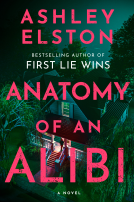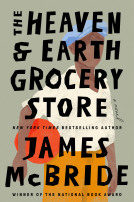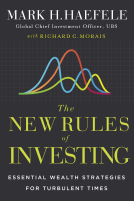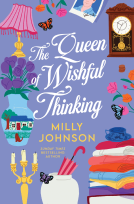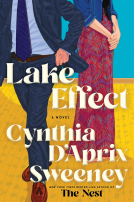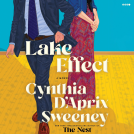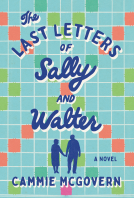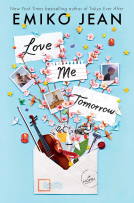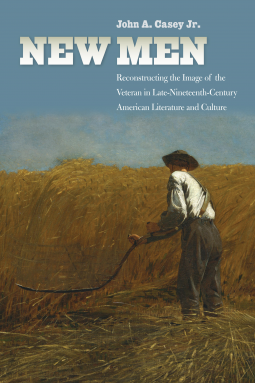
New Men
Reconstructing the Image of the Veteran in Late Nineteenth-Century American Literature and Culture
by John Casey
This title was previously available on NetGalley and is now archived.
Send NetGalley books directly to your Kindle or Kindle app
1
To read on a Kindle or Kindle app, please add kindle@netgalley.com as an approved email address to receive files in your Amazon account. Click here for step-by-step instructions.
2
Also find your Kindle email address within your Amazon account, and enter it here.
Pub Date Apr 01 2015 | Archive Date Mar 31 2015
Description
Scholars of the Civil War era have commonly assumed that veterans of the Union and Confederate armies effortlessly melted back into society and that they adjusted to the demands of peacetime with little or no difficulty. Yet the path these soldiers followed on the road to reintegration was far more tangled. New Men unravels the narrative of veteran reentry into civilian life and exposes the growing gap between how former soldiers saw themselves and the representations of them created by late-nineteenth century American society. In the early years following the Civil War, the concept of the "veteran" functioned as a marker for what was assumed by soldiers and civilians alike to be a temporary social status that ended definitively with army demobilization and the successful attainment of civilian employment. But in later postwar years this term was reconceptualized as a new identity that is still influential today. It came to be understood that former soldiers had crossed a threshold through their experience in the war, and they would never be the same: They had become new men. Uncovering the tension between veterans and civilians in the postwar era adds a new dimension to our understanding of the legacy of the Civil War. Reconstruction involved more than simply the road to reunion and its attendant conflicts over race relations in the United States. It also pointed toward the frustrating search for a proper metaphor to explain what soldiers had endured.
A provocative engagement with literary history and historiography, New Men challenges the notion of the Civil War as "unwritten" and alters our conception of the classics of Civil War literature. Organized chronologically and thematically, New Men coherently blends an analysis of a wide variety of fictional and nonfictional narratives. Writings are discussed in revelatory pairings that illustrate various aspects of veteran reintegration, with a chapter dedicated to literature describing the reintegration experiences of African Americans in the Union Army. New Men is at once essential reading for anyone who wants to understand the origins of our concept of the "veteran" and a book for our times. It is an invitation to build on the rich lessons of the Civil War veterans' experiences, to develop scholarship in the area of veterans studies, and to realize the dream of full social integration for soldiers returning home.
Advance Praise
“New Men is a unique hybrid that takes an interdisciplinary approach to identifying the meaning of the very notion of ‘veteran’ in American society.”—Barbara Gannon, University of Central Florida
“New Men is a unique hybrid that takes an interdisciplinary approach to identifying the meaning of the very notion of ‘veteran’ in American society.”—Barbara Gannon, University of Central Florida
Available Editions
| EDITION | Other Format |
| ISBN | 9780823265398 |
| PRICE | $55.00 (USD) |
Average rating from 8 members
Featured Reviews
 Just another reader (, Reviewer
Just another reader (, Reviewer
The American Civil War created lasting impact in every single soul that was involved, and not just those that steered or fought it, as this book goes on to show. The transformations in personal beliefs and outlooks, the trauma, and all aspects of the War are discussed at length. It was a great read.
Readers who liked this book also liked:
Marie Bostwick
Historical Fiction, Literary Fiction, Women's Fiction
Halle Tecco
Business, Leadership, Finance, Health, Mind & Body, Nonfiction (Adult)
Rachel Joyce
Historical Fiction, Literary Fiction, Women's Fiction
James McBride
General Fiction (Adult), Historical Fiction, Literary Fiction
Mark Haefele; Richard C. Morais
Business, Leadership, Finance, Nonfiction (Adult)



